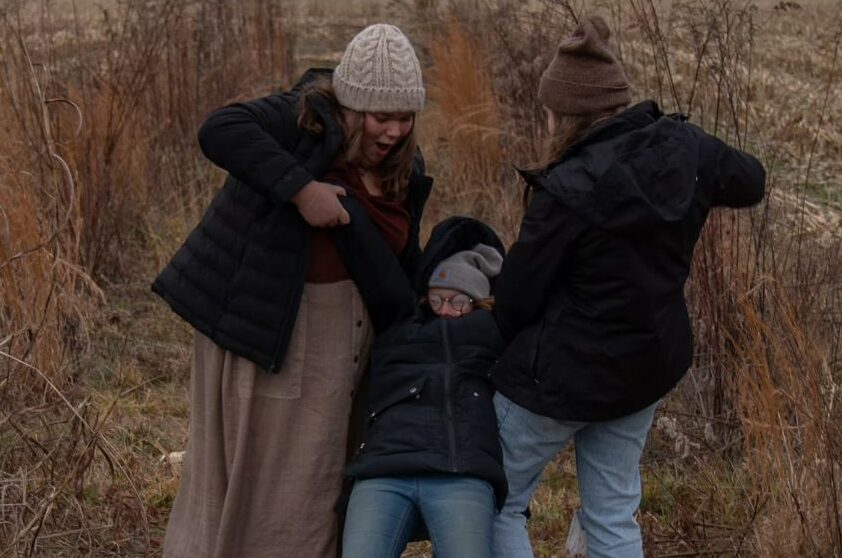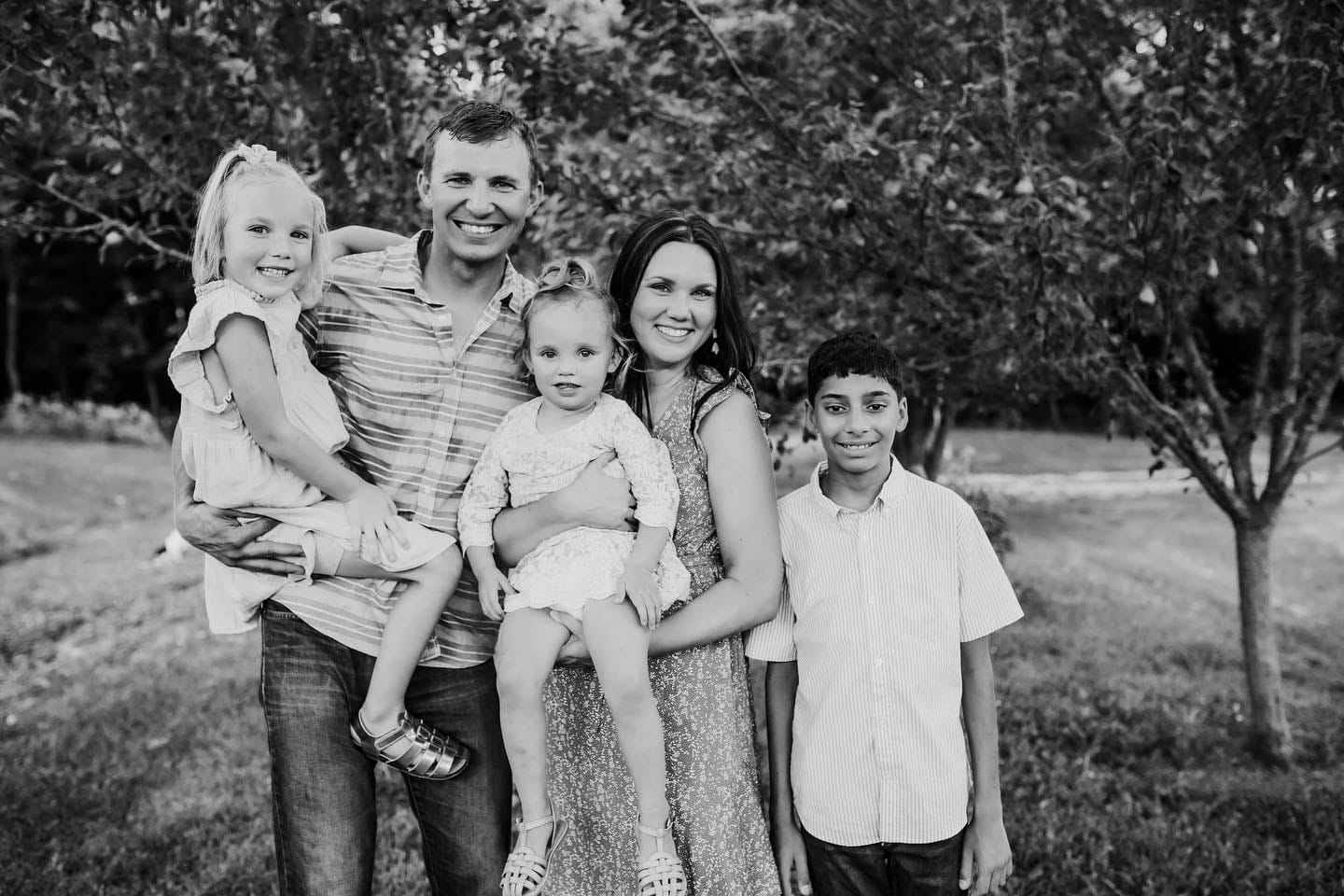By Ashley Cox, Colorado Kids Belong
As a caseworker, I can confidently say that finding respite care is one of the most important things you can do for yourself, your family and any child in foster care that enters your home.
Working through trauma behaviors and helping children heal can cause foster families’ marriages, friendships, and bio kids to be strained to their limit. Living in this day in and day out can lead foster families to burnout, PTSD, and secondary trauma. Statistics show that fifty percent of foster parents quit after the first year due to burnout and lack of support. When caregivers expend all of their energy focusing on others without practicing self-care, negative behaviors can surface. Apathy, isolation, bottled up emotions and substance abuse are on a long list of symptoms associated with secondary traumatic stress disorder. In addition to secondary trauma and compassion fatigue, there is a difficulty in foster parents finding reliable, consistent respite providers who are trained well enough to understand what the family and the children are experiencing. This is why finding respite care is absolutely crucial if you want to thrive as a foster family.
What is respite care?
Respite care is the term used in the foster care world for a person who is trained and certified to provide babysitting to children in care. Respite is essentially self-care for foster families, and is short term. Foster parents could request it and get away for a few days to rest and recoup, or utilize it in the case of a family emergency. Becoming certified in respite care could be a great option for those that are considering fostering and want to test the waters by providing a very useful and practical service to current foster families, or for those that want to serve in this space but not actually foster themselves.
How do you become a respite provider?
First, make sure to find a local foster care agency or go through the county, each agency will have slightly different processes and requirements.
How to become licensed in respite care in Weld County, Colorado (for example):
1. Fill out an application
2. Provide three references
3. Attend 15 hours of online training + CPR/first aid certifications
4. Have a fingerprint/background check completed
What does being a respite provider entail?
- Supporting and providing relief to foster families.
- Going through the licensing requirements with a local agency, which is a very similar process as becoming a foster parent.
- In order to minimize the children’s trauma, respite providers usually have some sort of relationship with the family they are offering care to.
- Respite care is short term, and will usually look like a few weekends here and there or around 2-3 days a month, depending on your availability and the need in your area. It could be for a week, but is usually never more than two weeks at a time.
- The schedule is very flexible. Agencies usually have a minimum ask, but you would start by providing certain days, weeks and weekends that you could be available, and then it is usually scheduled in advance.
In filling these gaps by providing consistent rest and retreat through respite care to foster, adoptive, and kinship families, we can create healthier and more sustainable foster homes with the hope of minimizing placement disruptions, burnout, and compassion fatigue.
“Respite care by consistent caregivers can be the difference between staying the course, and hanging it up. The amount of mental and physical energy it takes to care for children coming from trauma takes its toll on families, marriages, as well as the caregivers mental and physical health. Regular breaks are needed to make sure the family remains strong, in order to better serve these children.” -Alana Johnson, Seventh Day Foster Mom
Foster families need to be able to recharge and receive support and encouragement from those around them. Find a way to support and stick by a family throughout their foster journey.



